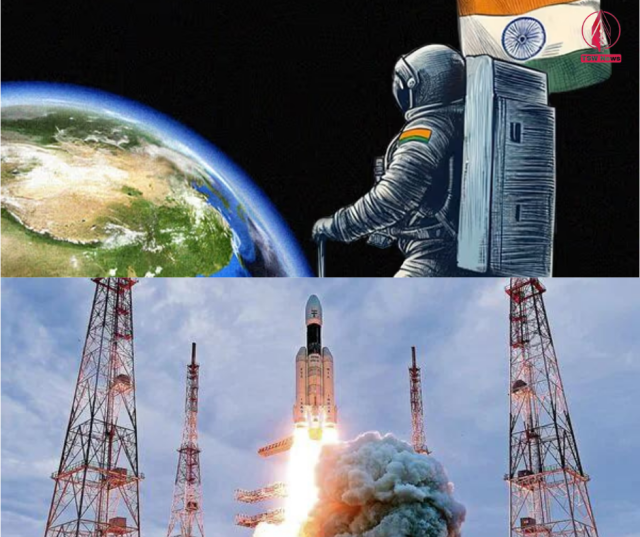ISRO Receives Green Light for Major Space Projects
- Posted on September 18, 2024
- News
- By Arijit Dutta
- 948 Views
ISRO has secured Cabinet approval for Chandrayaan-4, a Venus mission, and the Bharatiya Antariksh Station (BAS). The Chandrayaan-4 mission aims for lunar sample return, while the Venus Orbiter Mission targets Venus’s atmosphere. The new Next Generation Launch Vehicle (NGLV) will enhance payload capacity.

The Indian Space Research Organisation (ISRO) has secured a major boost with the Union Cabinet approving several ambitious space projects. The approvals include Chandrayaan-4, a Venus orbiter mission, the development of an Indian space station, and a next-generation launch vehicle.
The Cabinet has greenlit Chandrayaan-4, the next step after the successful Chandrayaan-3 mission. This new moon mission aims to develop technology for returning lunar samples to Earth and is expected to be completed within 36 months. The mission carries a budget of ₹2,104.06 crore, covering spacecraft development, launches, and testing.
In addition to lunar exploration, ISRO will embark on the Venus Orbiter Mission (VOM), scheduled for launch in March 2028. This mission aims to study Venus's atmosphere and geology, providing insights into the planet’s environmental processes and its potential habitability. The VOM project has a total budget of ₹1,236 crore, with ₹824 crore allocated for the spacecraft alone.
The Cabinet also approved the Bharatiya Antariksh Station (BAS), India's planned space station, set to become operational by 2035. The initial phase includes the development of the BAS-1 module and missions to validate necessary technologies. The revised Gaganyaan programme, which supports this project, has been enhanced with a total funding of ₹20,193 crore and aims to complete eight missions by December 2028.
Also Read: Government Forms Panel to Develop Social Security Blueprint for Gig Workers
Moreover, the development of a Next Generation Launch Vehicle (NGLV) has been authorized. This vehicle will offer three times the payload capacity of the current LVM3 at a cost 1.5 times higher. Designed to carry up to 30 tonnes to Low Earth Orbit (LEO), the NGLV project has an approved budget of ₹8,240 crore and is set for completion over eight years.




